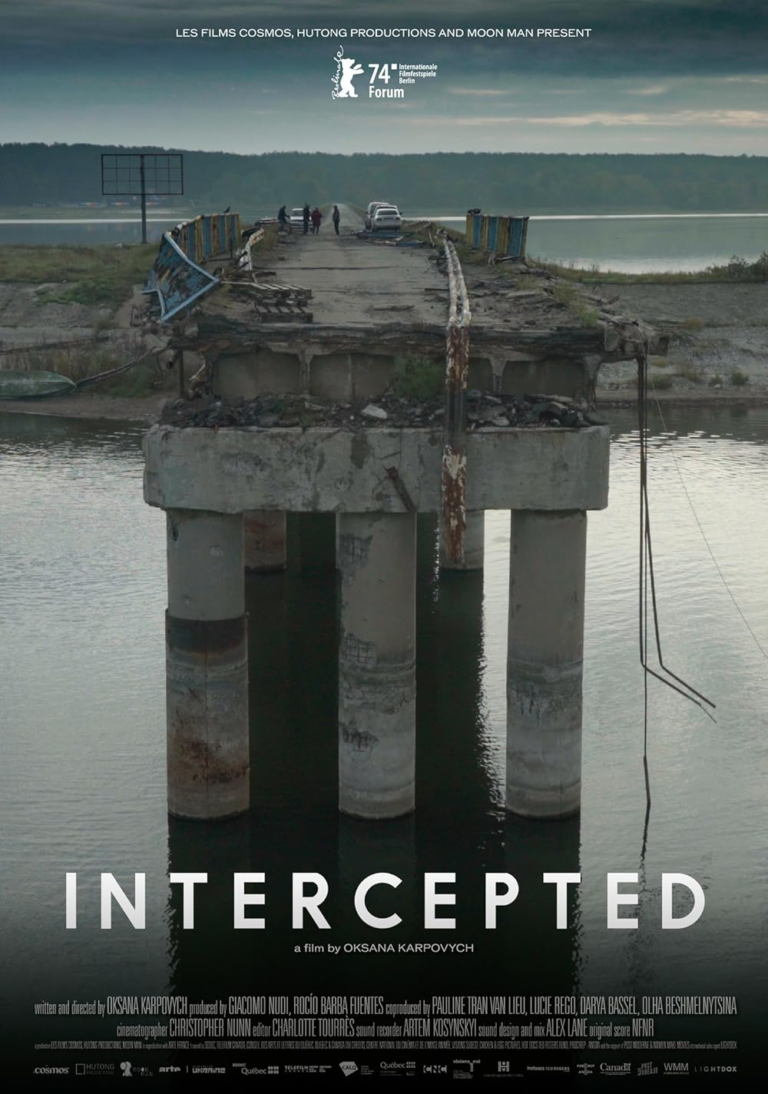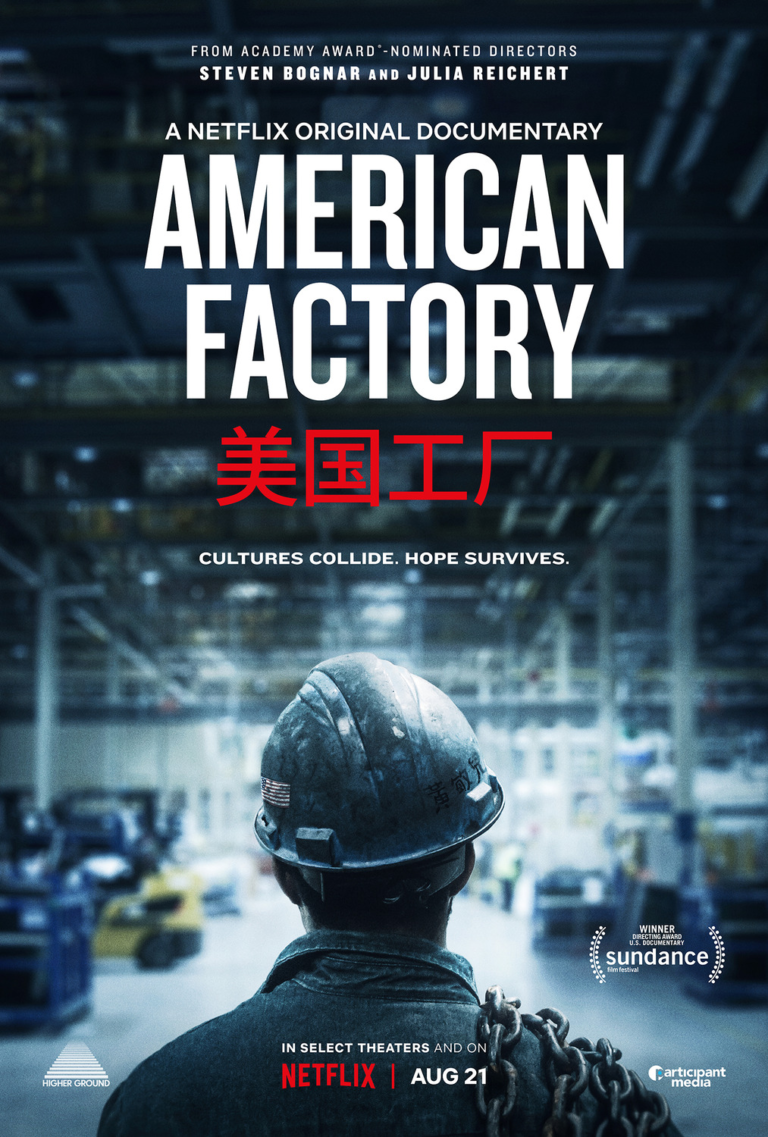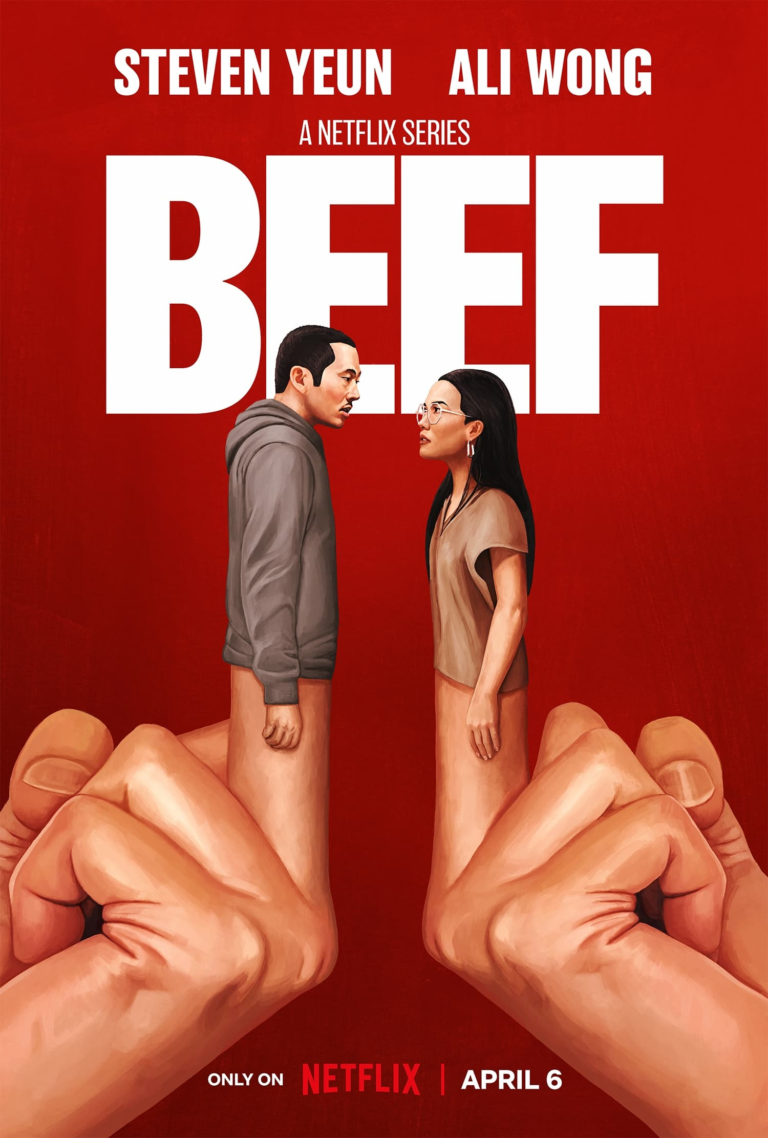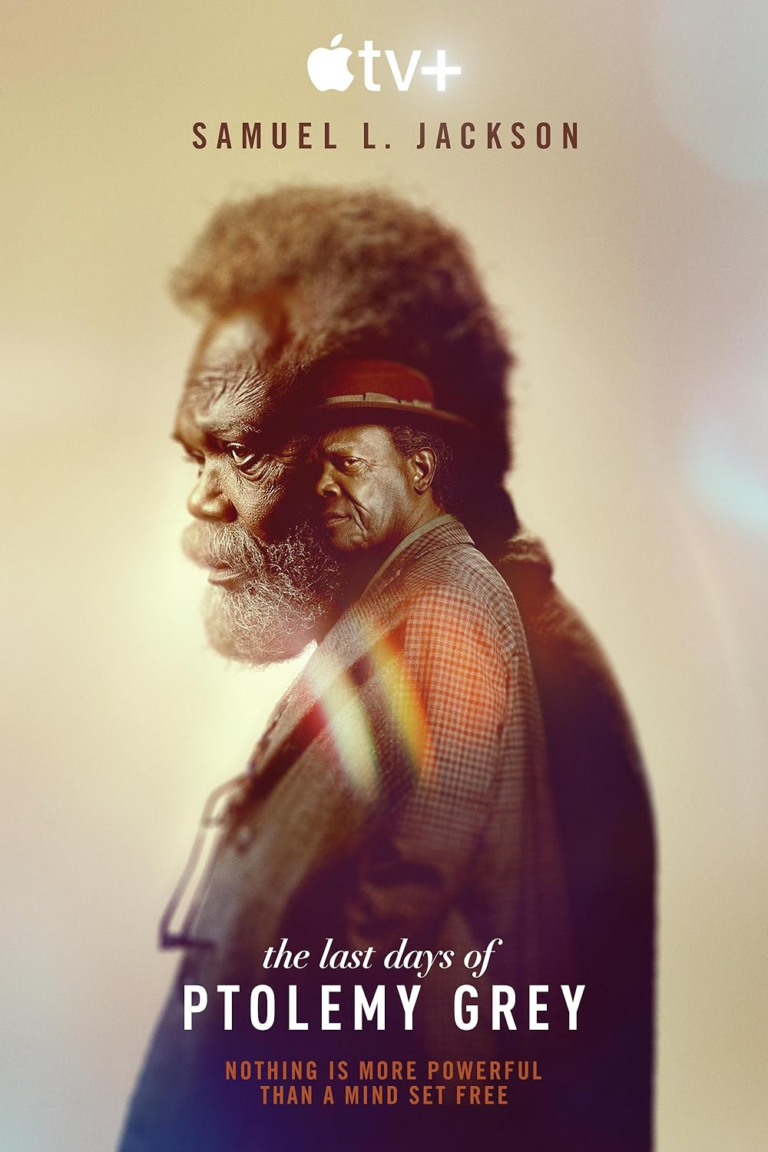Visible: Out on Television Christian Review

Media, in all its vivid forms, serves as a reflection, a refraction, and sometimes a distortion of who we are as people. Enter Visible: Out on Television, a five-part docuseries that takes us on a journey through seven decades of LGBTQ representation in television. It’s not just a history lesson; it’s a kaleidoscope of triumphs, tensions, and transformations, weaving stories that challenge us to think deeper about inclusion, faith, and what it means to be seen. For Christians in the United States, this series offers an intriguing—and occasionally uncomfortable—mirror through which to examine our beliefs, our culture, and our response to change.
The Power of Stories: Why Television Matters
Let’s start with something we can all agree on: stories matter. As human beings, we’re wired for narrative. Jesus himself used parables to teach timeless truths, knowing that stories penetrate where mere facts cannot. Television, for better or worse, is one of the most potent storytelling tools of our time. It shapes how we see others and how we see ourselves.
Visible underscores this point by showing how LGBTQ representation in television has shifted from invisibility to the forefront of mainstream culture. From early caricatures and coded depictions to today’s more overt portrayals, the docuseries connects these changes to broader societal attitudes. For Christians, this raises an important question: how does media influence the lens through which we view our neighbors? Do we see them with compassion, or do we allow stereotypes and cultural narratives to harden our hearts?
A Walk Through Time: The Historical Lens
The first three episodes of Visible feel like a deep dive into the archives of both television and society’s conscience. They meticulously chart how LGBTQ characters and themes were woven into news reports, talk shows, and soap operas, often in ways that were more subtext than text. It’s fascinating to see how much subtlety was involved in earlier portrayals, whether out of necessity or fear of backlash.
For Christian viewers, these episodes might provoke mixed feelings. On one hand, the courage of those who pushed for representation in hostile times is undeniable. Their perseverance echoes the biblical call to stand firm in the face of adversity. On the other hand, the way these stories intersect with advocacy for lifestyles that some Christians believe conflict with Scripture creates a tension that’s hard to ignore. Yet, isn’t grappling with tension part of our walk of faith? It forces us to seek God’s wisdom and grace in navigating complex cultural landscapes.
Heroes, Villains, and the Gray Between
What’s a good story without some conflict? Visible is full of it. The docuseries doesn’t shy away from painting vivid pictures of heroes and villains, moments of triumph and the inevitable setbacks. It celebrates milestones like Ellen DeGeneres coming out on her sitcom, but it also exposes the barriers that persisted even after such watershed moments.
Here, Christians might find themselves asking: Who are the real heroes in this story? From a worldly perspective, they may be those who fought for visibility, breaking through the glass ceilings of discrimination. But from a spiritual perspective, we’re reminded that true heroism comes from reflecting Christ’s love—even when it’s countercultural. This is where Visible becomes not just a documentary, but a call to self-reflection. Are we being heroes of faith, extending love while standing firm in truth? Or are we inadvertently playing the villains, contributing to alienation through judgment and silence?
What’s Missing: The Conversation About Faith
For all its thoroughness, Visible leaves one glaring gap: the intersection of LGBTQ representation and faith communities. This omission feels especially significant in the U.S., where religion has been both a source of opposition to and support for LGBTQ rights. Including perspectives from Christian creators, actors, or theologians might have enriched the dialogue, offering insights into how faith can coexist with cultural shifts.
It’s easy to critique what isn’t there, but the absence itself speaks volumes. For many LGBTQ individuals, the church has been a place of pain rather than refuge. This challenges Christians to think about how we can better embody the gospel’s message of love and reconciliation, even when we don’t agree on every issue. How can we create spaces where everyone feels seen, not just as part of a cultural identity, but as a child of God?
The Uncomfortable Now: A Work in Progress
The last two episodes of Visible, which tackle more recent representations, lack the tight focus of the earlier ones. Perhaps that’s inevitable; history takes time to settle into something we can analyze with clarity. Yet, this contemporary focus raises another layer of questions for Christians. As the conversation around LGBTQ representation becomes more pronounced, how do we engage with it in a way that’s both faithful to Scripture and relevant to today’s culture?
Here’s where the rubber meets the road. It’s not enough to critique from the sidelines. If we’re going to engage with media, we have to do so with intention. That means not only consuming content thoughtfully but also creating content that reflects God’s truth in a way that resonates with the world around us.
Takeaways for Christians: Truth and Grace in Tension
At its core, Visible: Out on Television isn’t just about LGBTQ representation; it’s about visibility itself—the human desire to be seen and known. This is a longing Christians should understand deeply because it mirrors our longing for God. We’re reminded in Scripture that God sees us completely, flaws and all, and loves us still. If we claim to follow Christ, our challenge is to extend that same love to everyone, even when we disagree.
Does this mean affirming everything the culture celebrates? Not necessarily. But it does mean approaching these conversations with humility, seeking to listen and understand before speaking. It means acknowledging the dignity of every person as an image-bearer of God, while also holding fast to biblical convictions.
Final Thoughts: Navigating the Narrow Path
Watching Visible as a Christian can feel like walking a tightrope. It’s educational, inspiring, and challenging, but it also pushes against deeply held beliefs. That tension isn’t something to run from; it’s something to sit with, pray through, and wrestle over. After all, faith was never meant to be comfortable.
Ultimately, Visible: Out on Television is a reminder of how far media—and society—has come in acknowledging those who were once marginalized. It’s also a challenge for Christians to consider how we can contribute to a world where everyone feels seen, not just by society but by the God who created them.
Rating: 7/10
It’s a compelling watch, especially for those willing to engage with it critically. However, its lack of nuance in addressing faith and its advocacy-heavy tone might limit its resonance for viewers seeking a more balanced approach. For Christians, it’s less about agreeing with everything presented and more about using it as a starting point for deeper conversations—about media, culture, and the gospel itself.





